When I was younger, I used to love rap, especially UK drill. I was lucky enough to grow up during what I consider the golden era of UK rap, between 2014 and 2019. Our ears were blessed with bangers and bars, but admittedly some questionable lyrics. Artists like Zone 2, 67, Harlem Spartans, OFB, AM & Skengdo were the soundtrack of my adolescence. Tim Westwood’s Crib Sessions, Kenny Allstar’s “Mad About Bars”, and Link Up TV’s “Behind Bars” were the sonic pulse of youth culture in that era.
If you weren’t there or weren’t listening to these artists, you missed out. That period defined more than just teenage taste; it shaped a generation’s outlook. Between 2014 and 2019, I was between the ages of 11 and 16, my formative secondary school years. It was a time defined by a distinct Black British identity: one shaped by slang, fashion, Snapchat stories, and yes, music. We didn’t just listen; we lived it.
Being young, Black, and British during that time felt like a cultural peak, minus the obvious structural inequalities we still faced. Back then, I was socially conscious but not deeply so. Today, with seven years of sociology studies and countless hours spent dissecting and consuming critical structural theories, I view things differently.
So, to those who dislike over-analysis, apologies. I’m about to take something that might seem simple and make it deep.
Nostalgia and Discomfort
From 11 to 16, I was immersed in a culture that at the time felt empowering. Music connected us and created community. When I revisit those playlists today, I’m instantly transported back to school playgrounds, rapping along with my friends, when my only care was making it to registration on time (barely).
But with age comes clarity, at least for most of us. And now, when I really listen back, when I really hear the lyrics, I find myself asking, Is this what we were glorifying? What were we cheering for?
The deeper I listen, the more contradictions emerge. These are not just contradictions in the music, but contradictions in me. In what I believe in now. People often argue for separating the art from the artist. But what about separating our enjoyment from the ideology embedded in the music? Can we really separate our personal beliefs from the content we consume?
Love & Hate
Let’s not deny the cultural power of rap, hip hop, and drill. These genres have long given voice to the voiceless, articulating lived realities that mainstream Britain often prefers to ignore. They gave us pride, music that was unapologetically Black and British, rooted in place and identity. It spoke to our experiences with a rawness that made us feel seen. Whether at house parties or walking home with one earbud shared, rap was our shared language.
Drill, though, has become a lightning rod for criticism, especially around knife crime. With youth violence rising, debates erupted over whether the music incites violence with lyrics like “ Tryna rip holes and touch man’s skeleton” in Harlem Spartans Kennington Where It Started. Tracks were removed from YouTube, shows were shut down, and in 2018, Skengdo and AM received a suspended sentence for just performing.
The debate over drill taps into a longer historical pattern, and this scrutiny isn’t new. Black musical expression in Britain has repeatedly been criminalised and surveilled. Reggae, jungle, and grime were all policed. And yet, despite everything, many of us who grew up on this music are not numb to its realities. A lot of us have been affected by the violence; some have lost friends or family, and others live with the everyday fear of it. I remember reading about Skengdo and AM holding a minute’s silence for “the brothers who couldn’t make it”. It was powerful but also tragic. A tribute born from the very violence critics accuse their music of glorifying.
Others argue that these narratives are missing something. That drill didn’t create violence; it reflects it. It emerged from environments shaped by deep-rooted social inequalities: poverty, austerity, structural racism, school exclusions, policing, and intergenerational trauma. These factors foster a climate where violence becomes a survival mechanism for some. Blaming the music ignores these systemic conditions that shape young people’s lives.
Misogyny, Colourism & Co-Sign Culture
But there’s another layer I can’t ignore: how violently misogynistic this music often is, especially toward Black women. Misogyny in rap isn’t new, with lyrics routinely reducing us to body parts, sexual acts, or punchlines. Calling women “bitches” or “sluts” was normalised; we weren’t participants; we were props. And we rapped along like it didn’t matter.
Worse still, colourism ran deep. Light-skinned and mixed-race women were idolised; the rest of us were degraded. Even when artists like Harlem Spartans showed love for “chocolate darlings”, it was often sexualised and filtered through a male gaze. We tried to become the “bad B’s” they rapped about, even when she was being disrespected. Our beauty standards, self-worth, and dating expectations were shaped around lyrics by men who never intended to honour us.
bell hooks writes about patriarchal violence as systemic, not just “bad men”, but a culture where harm is normalised. Lyrics like OFB’s “ B****, just get on your knees” aren’t throwaways; they’re dehumanising. Listening now, I feel a gut-level discomfort. A discomfort with how easily I co-signed the degradation. It leaves that cranberry juice taste in your mouth, bitter and tart.
Reclamation and Resistance
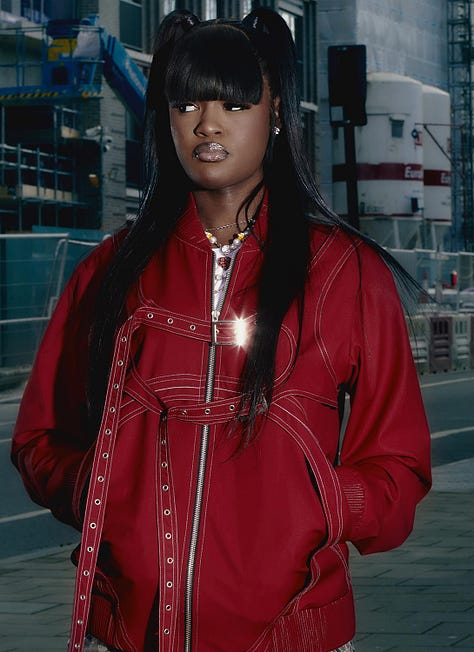

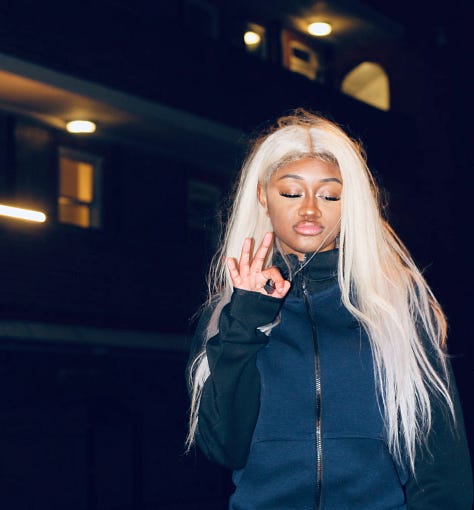
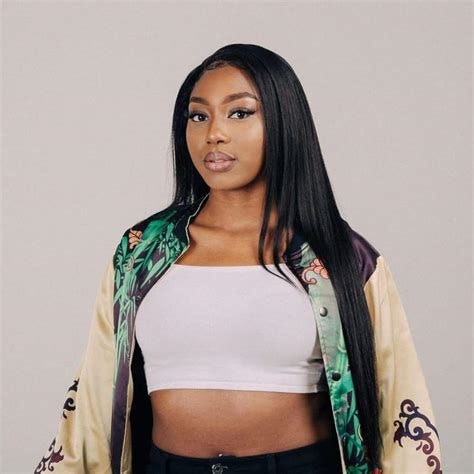
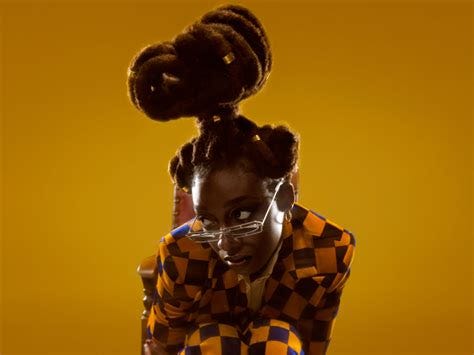
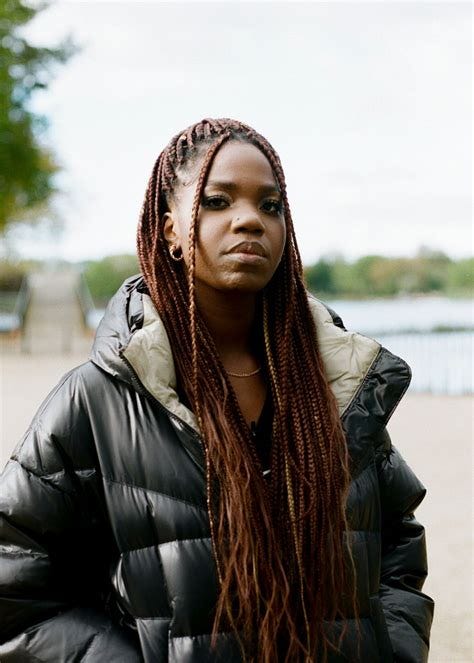
Thankfully, the tide is turning. Black British women like ENNY, Little Simz, Ms Banks, Cristale, Chy Cartier, and TeeZandos are not just claiming space; they’re reshaping the narrative. From Cartier’s club anthem “YO” to ENNY’s “Peng Black Girls”, which celebrates Black beauty, and Little Simz’s introspective lyricism, these artists bring bold, unapologetic energy. Ms Banks raps about sex, power, and life with the same confidence long reserved for men, and that’s the point.
But let’s not mistake representation for resolution. Black women are still sidelined, labelled “aggressive”, underfunded, left off lineups, and held to double standards even when they mirror the tone and content of male peers, and the industry still sidelines them.
The same confidence that earns men praise earns women criticism. We still can’t win. In 2023, just 13% of UK festival headliners were women; only 5.36% of grime label signees were female, despite outperforming boys in GCSE music. The issue isn’t just gender; it’s race, class, and colourism. The industry still favours what’s palatable over what’s powerful.
I recently saw a tiktok saying that we live in a time where Central Cee (no shade) is slowly becoming the face of UK rap; I think that says enough.
Structural Solutions, Not Symbolic Gestures
We need more than one or two “token” female names on festival line-ups or rap/drill features. Representation without redistribution of power is hollow. While initiatives like The F-List and Keychange are vital, real change requires reform within labels, radio, and streaming platforms that control visibility. We must mentor and protect female artists from exploitation where pain is too often monetised and Black women’s bodies commodified for male profit.
Real change demands we dismantle the patriarchal structures that underpin the industry, male-dominated labels, white-curated playlists profiting from Black music, and the routine erasure of Black women's voices. Progress means investing in women as central artists, not novelties or side acts, booking them, paying them, promoting them, and respecting them, especially in our lyrics.
Reflection & More Reflection
So what do you do when the music that raised you also hurts you? Can we separate the art from its impact?
Every now and then, I still find myself vibing, then pausing to ask, “Wait… did they really just say that?” Some of the lyrics are truly outrageous. And yet, I can’t pretend this music didn’t shape me. But I can engage critically. I can reflect on how it influenced me. I can support artists who are doing things differently. I can call out the misogyny and problematic themes, even in the songs I once loved. The nostalgia and the memories will always be there, but we also have the responsibility to do better as a culture.
I can no longer separate the bassline from the message. And what I hear now is a contradiction, one that shaped me deeply as a young Black woman.
Black British rap is evolving. And in its evolution, we must demand more. Music, like all media, shapes us. It influences how we see ourselves and each other. If we’re serious about changing culture, we need to start with the content we consume, the content we create, and the systems that produce it.
So here’s to growth, to critical listening and to better bars, please, for the love of God.




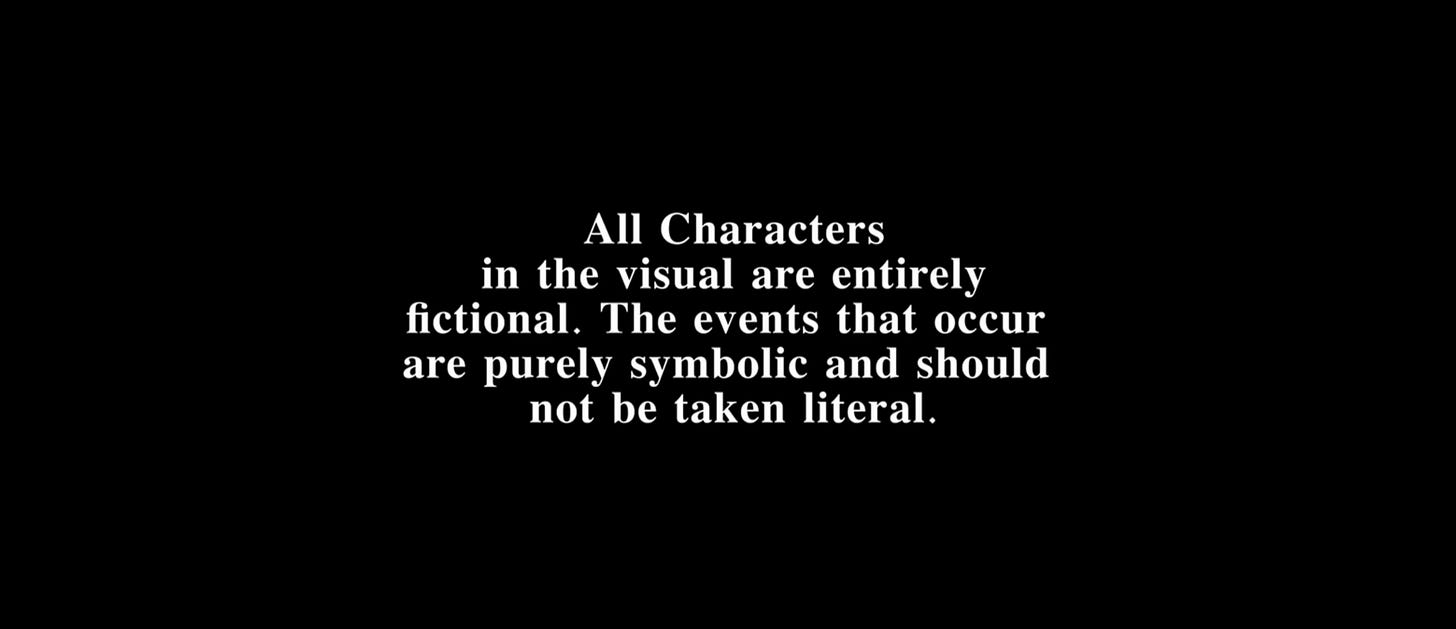
The way I was smiling through and through this piece is beautiful. You hit the nail on the head with the U.K. rap and drill discourse! And to add as well, we need to take back U.K. rap and drill as our own (black people) because central cee doing better than those in the game longer than him is criminal. (If he has no haters, I’m not there.)
I really love this